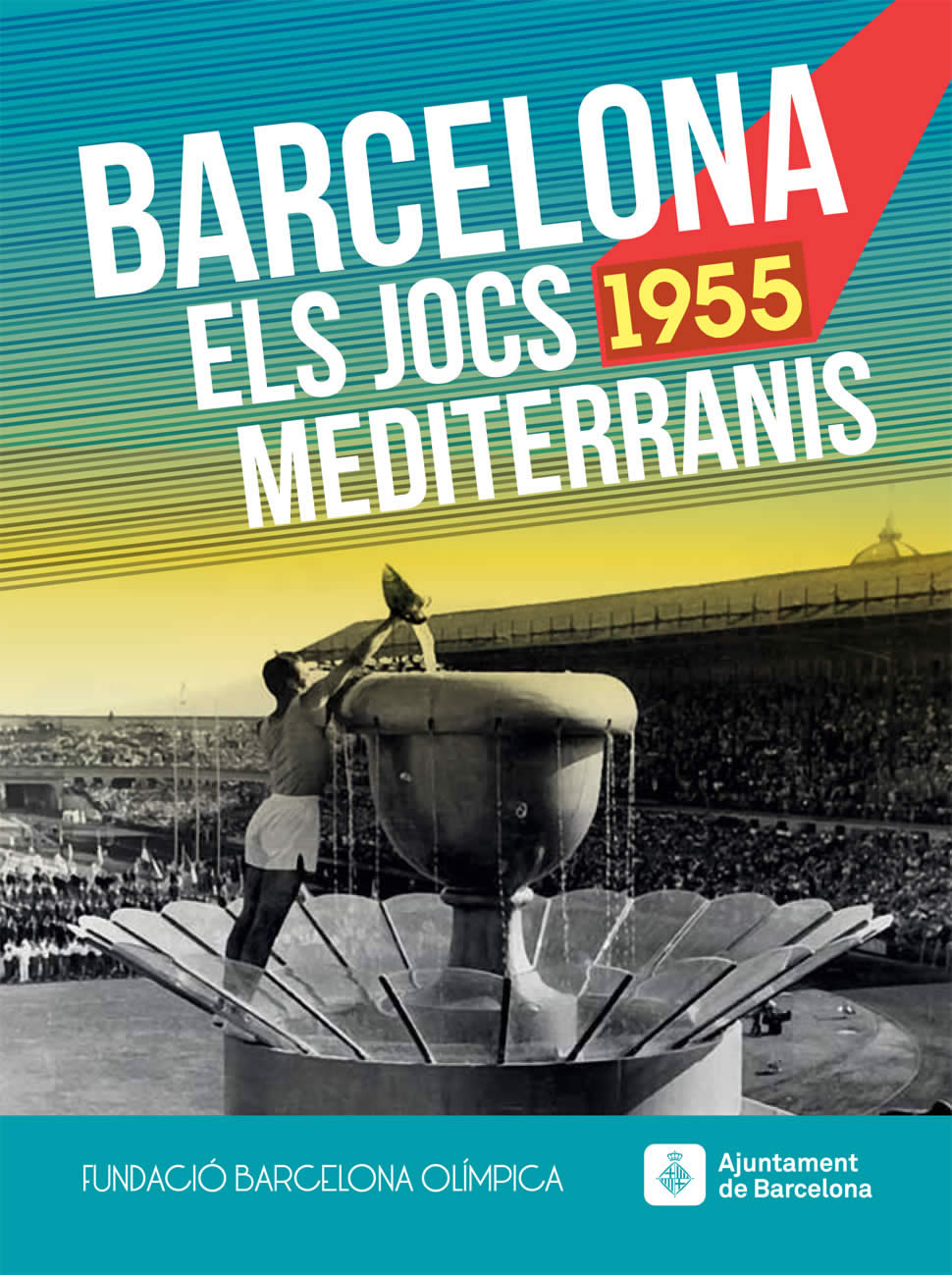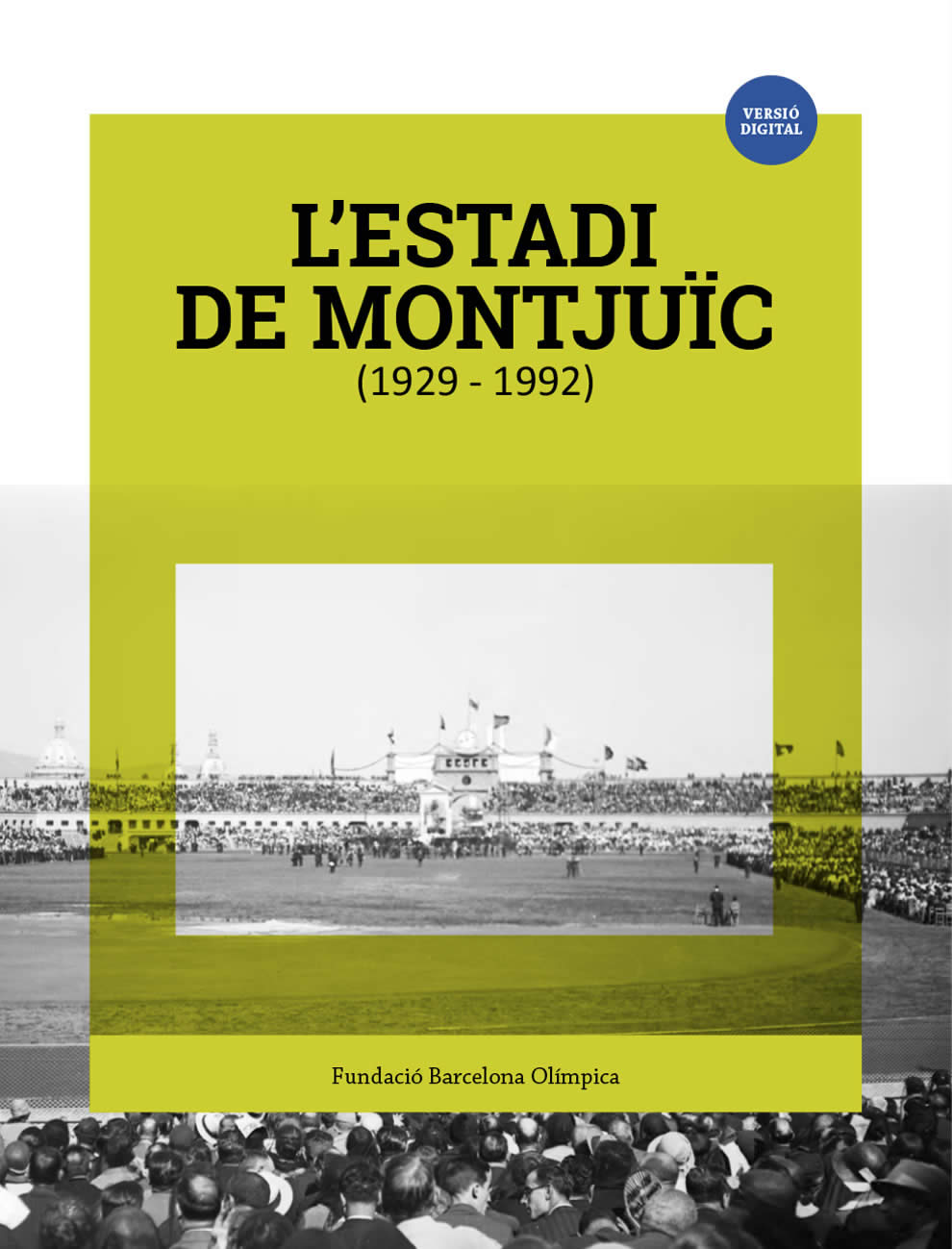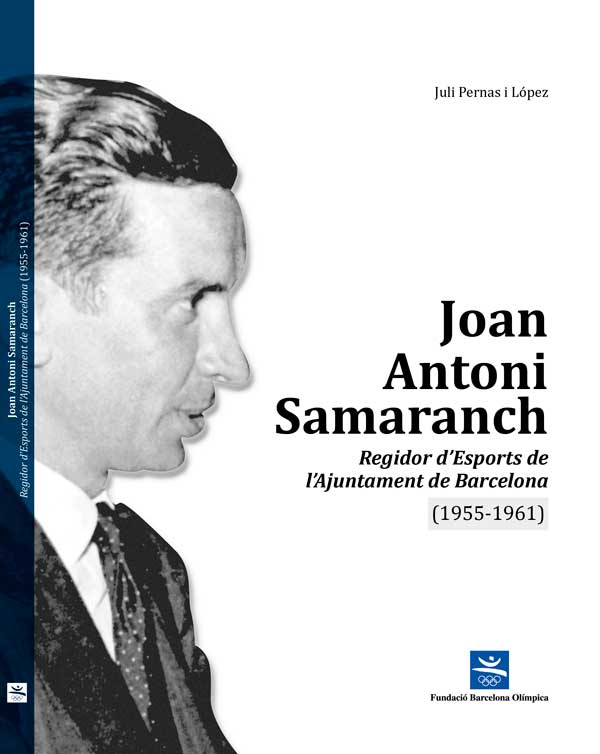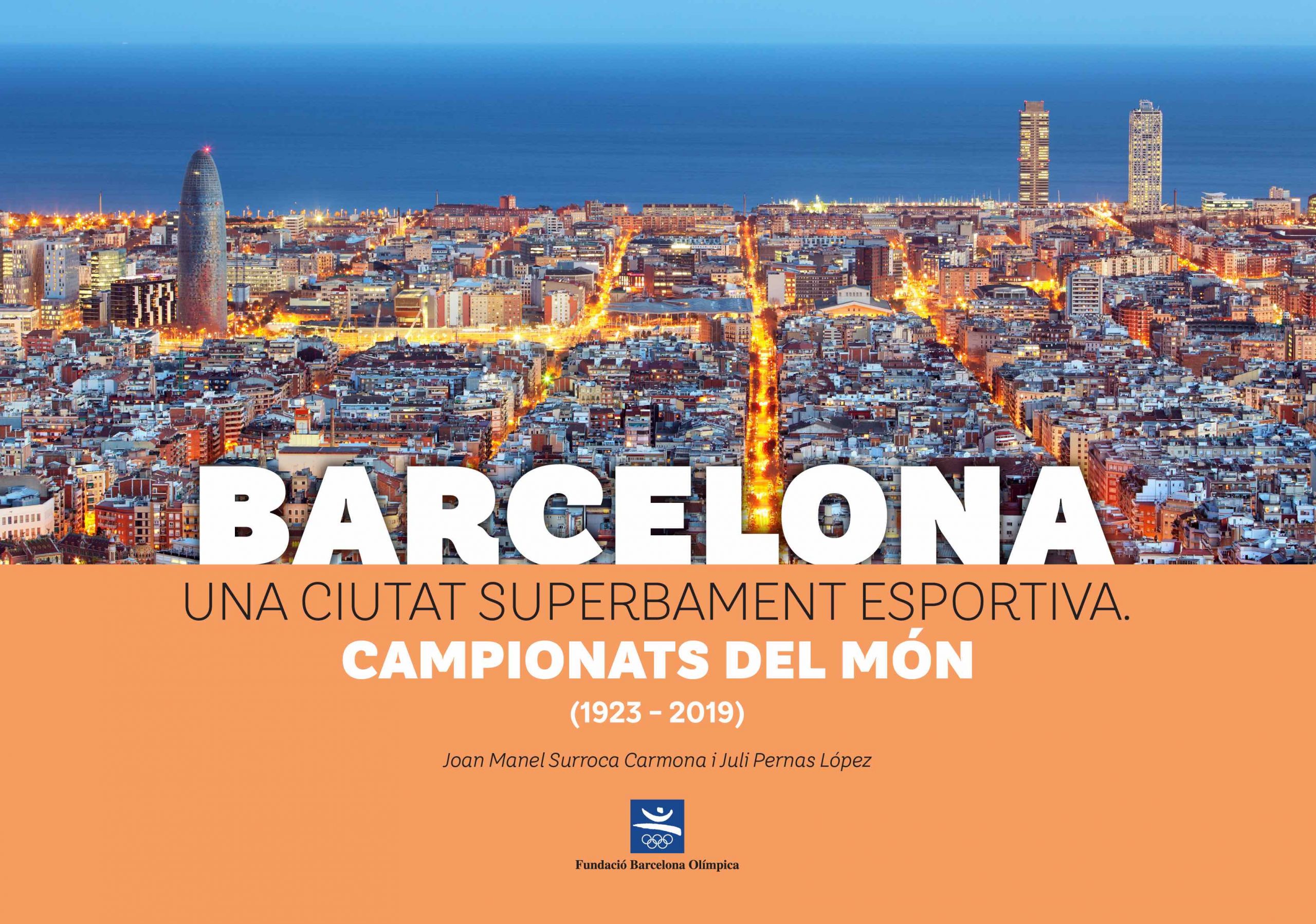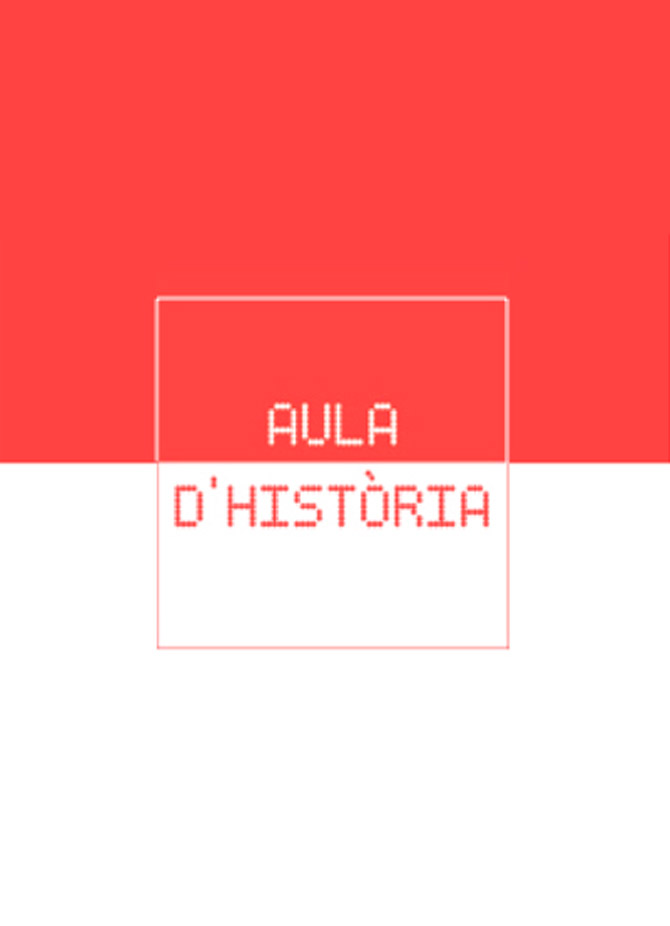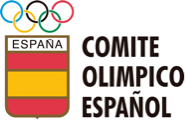Barcelona is today a great Mediterranean city which occupies an important place in the world of sport. Premier international sporting events take place here, such as the Barcelona World Race, along with global sporting competitions which our city has hosted or will do in the future. Despite the presence of such historic events as the Christmas Cup swimming race across Barcelona port, dating back over a century, and such other distinctive contests as the Jean Bouin Race, which this year marked its 88th edition, the Olympic Games of 1992 represent a turning point in the city’s sporting history.
Historically, Barcelona has always been a city with an Olympic vocation. Plans were considered to stage the Olympic Games in 1920, 1924 and in 1936. The 1955 Mediterranean Games provided some small compensation. They were the first major multi-sport event organised in the country, and under the patronage of the International Olympic Committee.
The Mediterranean Games of 1955 were a hugely significant event for Barcelona. They were the first in which the waters of the Mediterranean acquired symbolic status in the Olympic ritual, with water of the Mare Nostrum being carried in an amphora from Empuries to Barcelona. The games likewise afforded great experience for Barcelona in terms of the process of organising major events. A factor taken into consideration by the International Olympic Committee when appointing the host city.
Juli Pernas sets out in this book his rigorous research, covering in depth the historical and documented aspects of the 1955 Mediterranean Games, and offering a clear vision of their history.
The Barcelona Olympic Foundation, which manages the Joan Antoni Samaranch Study Centre and Olympic Museum, makes its contribution through this book, together with a photographic exhibition of this historic occasion for sport and for Barcelona. The individual who gives his name to the Museum and Study Centre, Joan Antoni Samaranch, in fact played a lead role in the organising committee of the Mediterranean Games, promoting such cultural events as an exhibition on Art in Sport, one on Sporting Books, and a dramatic performance in the Plaça del Rei. We are convinced that this book will be an important reference work for those organising such other sporting events as the forthcoming Mediterranean Games which Tarragona will be hosting in 2017, a venture to which the Barcelona Olympic Foundation will be lending all our support.

